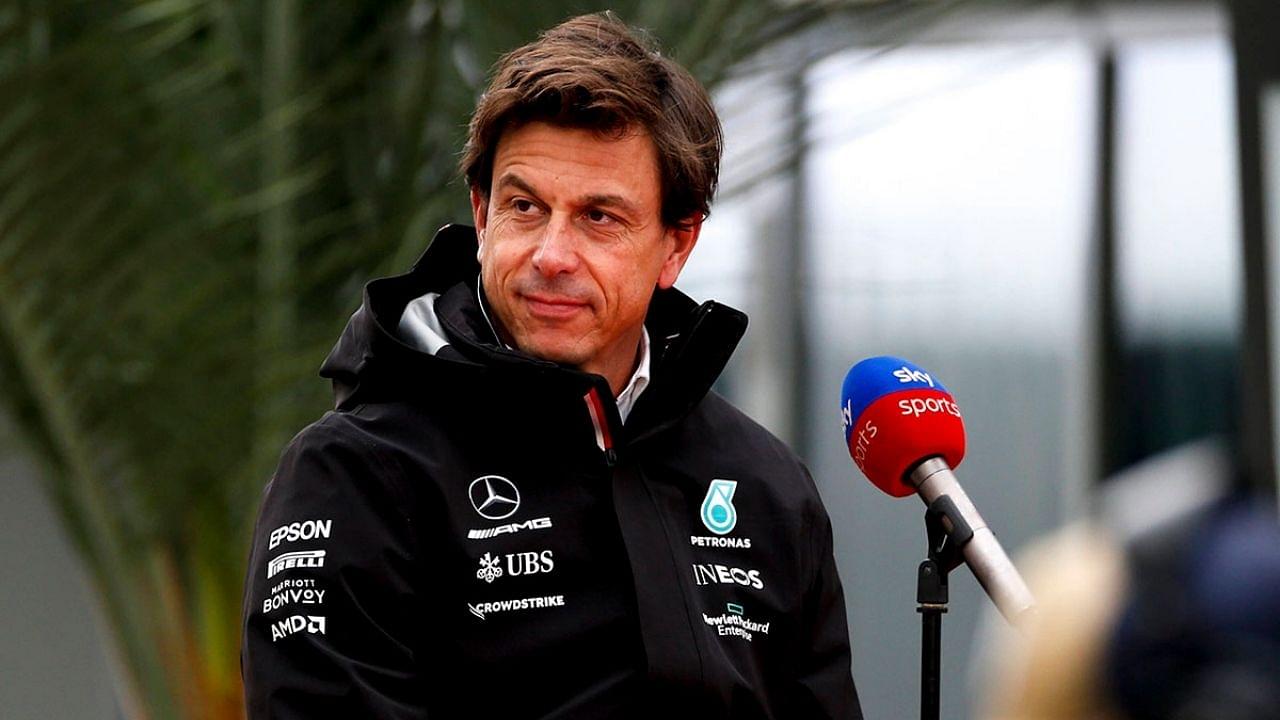Mercedes’ boss Toto Wolff explains why there is a varying difference in the engine grid penalties; highlights Honda’s woeful days with McLaren.
Mercedes are battling with their engine unreliability issues, so far this season, both drivers have breached the allocated limits of three engines per year. With Valtteri Bottas already taking six engines, and Lewis Hamilton’s fifth engine might be coming in the way.
The Silver Arrows have taken several grid penalties blows. However, none of the penalties have been consitent penalties. Bottas in the last race took a five-grid penalty, a similar change to what Hamilton made in Turkey, but the Briton received a 10-place penalty.
Asing toto Wolff about the drastic range in the penalties, he claims that this is probably an anti-embarrasment regulation, citing Honda’s days with McLaren.
Back in 2015, Honda was supplying power units to McLaren, and together they had a horror show. The duo regularly amassed grid penalties over engine unreliabilities, whenever each component carried a set penalty for being swapped.
“I think that’s probably like old Honda where you are in a situation and it’s going terribly wrong and you need to change engine parts or complete power units then you shouldn’t be penalised every single race to go to the back of the grid or lose 10 places,” he said as per GPFans.
“So it’s almost an anti-embarrassment regulation and I think that’s okay.”
Toto Wolff unable to come with the alternates
The Mercedes team principal doesn’t think the situation is ideal, but is robust. However, he doesn’t have a solution. He also doesn’t think penalizing constructors for the engine changes would do any change too.
“What we need to avoid is we are building power units that, in a way, they perform for only a few races. If you changed the regulations in a way and said there was no grid penalty for the drivers but only [the loss of] constructors’ points, it would still mean that if you are in a fight for the drivers’ championship you would just throw engines at that car.”
“If we come up with good solutions then it’s definitely worth looking at it because I agree, it is confusing for the new fans because, beyond a driver’s responsibility, puts him at the back of the grid or five places away, and that’s clearly not great. But I haven’t got the solutions.”
Also read: Mercedes’ suspension could land them powerful gains in final races claims Christian Horner






